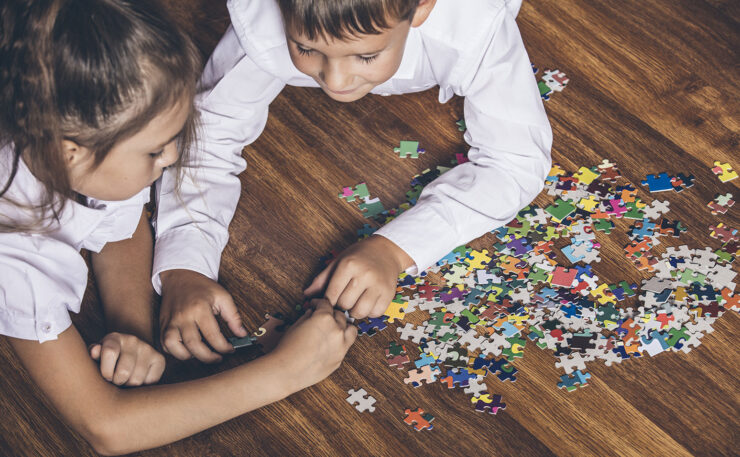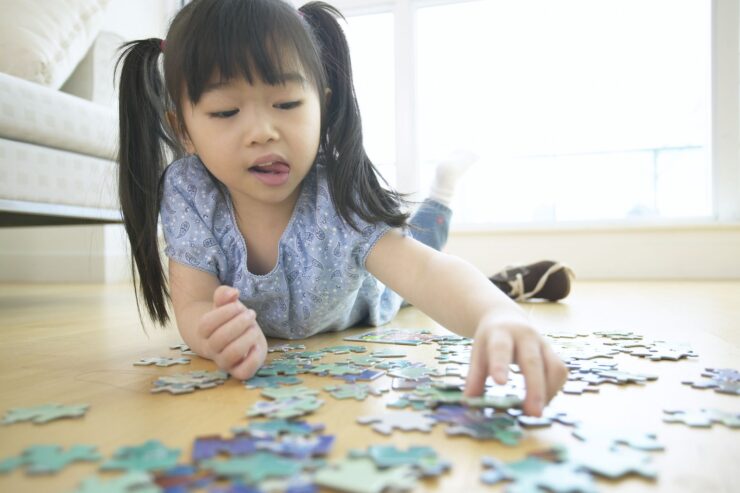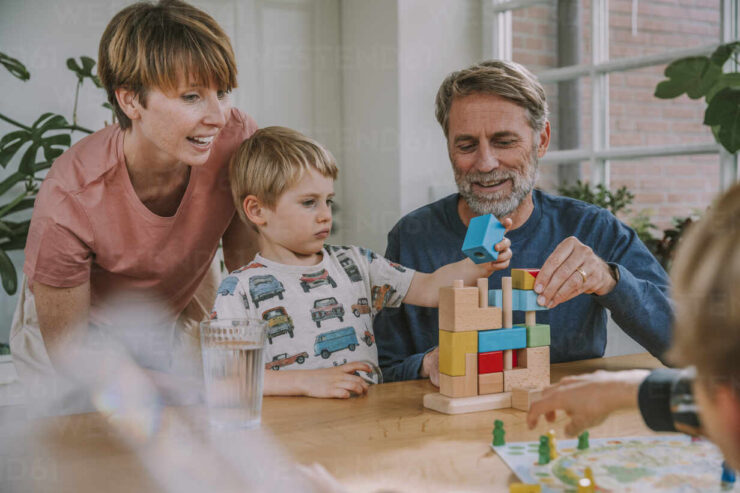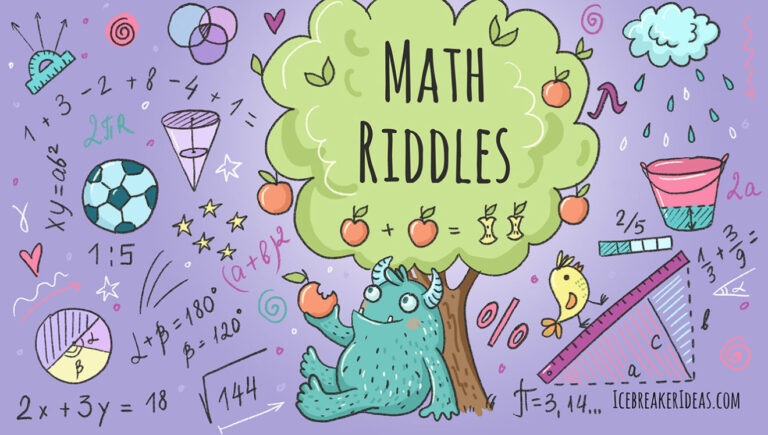When it comes to keeping your kids busy, the puzzles have been proven to be the best companion. They keep your kids engaged for a long time and also reduce their screen time. If you are also looking for something that can help your child learn new things and also protect his eyes from getting damaged then the Math puzzles from Cuemath are the correct option to grab your hands on.
Puzzles encourage your youngster to think and solve problems. These games not only keep kids away from the screen, but they also provide them with fantastic opportunities to absorb and recall information. When your youngster learns the concept of addition in a fun way, he or she will feel more confident.
Math puzzles are made in such a manner that your child may enjoy playing them with you or by himself and get hands-on confidence in his concepts.
Make Their Free Time Productive

Tangible play stimulates your child’s senses at a young age. Mobiles, soothers, and baby play exercise centers are fantastic first puzzles and educational games for children since they focus on tactile play via solid, sight, and contact. Families may start presenting puzzles and educational games that encourage greater collaboration as their child develops dexterity, such as handy puzzles and instructional games that maintain encouraging visual and hearing faculties with glittering lights and diverse noises.
When your child reaches the age of one year or older, they will quickly become quite mobile. Push vehicles, step-and-ride puzzles, educational games, and walkers are excellent for demonstrating balance and coordination, and they will pique your child’s attention with their newly discovered variety. As your child learns to walk, you may help them consolidate their understanding of numbers by counting their steps, which will help them become more acquainted with the terminology and meanings, even if they don’t fully comprehend them at this age.
Math Is a Concept to Practice More
We all know how difficult the mathematical concepts can be and hence you need to understand that there need to be different ways to practice and enjoy. If you are also looking for different ways to solve the sums then why not bring in puzzles. The puzzles are considered as the best things that can make your child learn and also remember the things that were taught to him. This way he will become more confident and learn to get conclusions easily.
Teach Them New Things With New Ways

As your child becomes more active, we recommend introducing critical thinking puzzles and educational games such as stackers or squares. These puzzles and instructive games can help kids work through conflicts and become more comfortable with situations and logical outcomes, such as “On the off chance that I do this, then that will happen.” They will also gain confidence once they have had the opportunity to figure out how a toy works via trial and guidance. Other exceptional puzzles and educational games to provide are those that promote growth, such as crawl around learning centres or light up dancing mats.
Themed playsets are fantastic educational puzzles and educational games to give to children between the ages of 12 and 15, since they will help to develop their recognition skills. For example, if you have a topic playset with monsters, practise making each creature’s sound. By supporting the names of shadings and forms, this will also help with language development. Ride-on puzzles and educational games not only encourage creativity and innovation, but they also help children improve their coordination skills.
Bid Goodbye to the Traditional Ways of Teaching
As your children become older and more active, you may include puzzles and educational games that encourage more active play, such as arithmetic ideas presented in graphical form or simple graphs taught in a puzzling fashion.
This is also an excellent time to give puzzles and instructional games that combine intellectual skill development. Dynamic sand is a wonderful tactile exercise that helps children practise composition by framing shapes or letters in the sand. They can practise sketching or making up their names. They also learn about the connection between their brain and their hands. Only when your mind understands where the bricks must be put can the problems be solved.
Encourage Their Creativity So That They Love to Practice Solving
Allowing your child to practise holding chalk, a paintbrush, and other items on an easel will help them develop their small engine control. An easel will also encourage creativity by allowing your child to use their imagination to create beautiful artwork. See and Say activities and books can help your child develop name recognition and new competence skills. These kind of puzzles and educational games will provide a visual representation of what your child is hearing as well as the other way around. The repetition of the toy, for example, will allow your child to begin to associate a picture of a dog with the sound a dog makes. Reading books with a lot of shading photos and a lot of text
Sit With Them and Help Them Out as They Gain Motor Skills

More challenging building kits, such as those that are appealing, are an excellent means of encouraging creativity and critical thinking, whether it’s attempting to create the same design that is depicted on the container or creating their magnum masterpiece. If the set includes variously coloured squares, you may also practise counting and sorting each tone.
Conclusion:
Counting puzzles and educational games are also excellent for assisting your child in continuing to learn about numbers. From simple stacking sets to indoor bowling sets, these puzzles and instructional activities are available. Puzzles and instructional games that encourage youngsters to play with others also help them develop social skills. Participating in play during your child’s day may be both enjoyable and beneficial to their development. Keep an eye out for puzzles and educational games that your kids like and that help them learn and develop.

